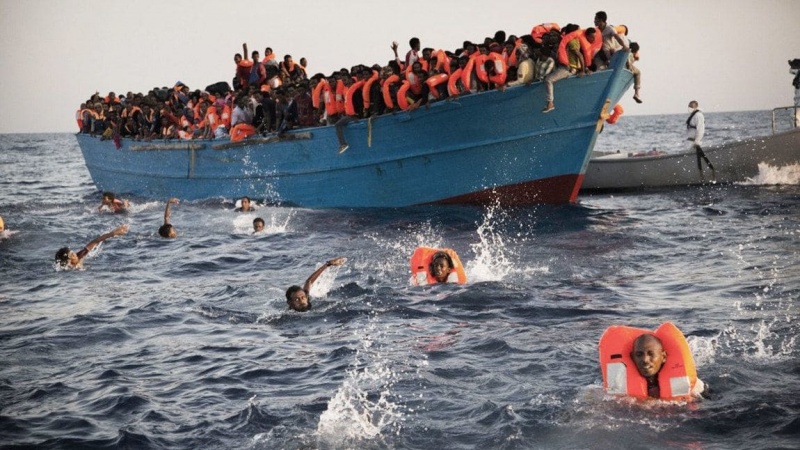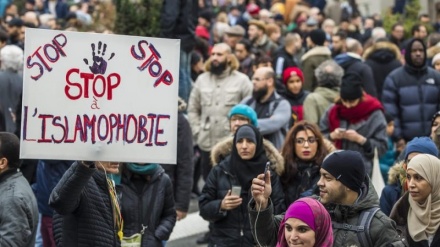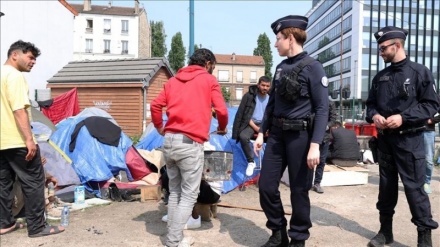Italian lawmakers pass tough anti-migrant bill despite criticism
The Italian parliament has approved as law a tough anti-migrant and security bill drafted by far-right Interior Minister and Deputy Prime Minister Matteo Salvini despite strong criticism from the political left.
The lower house of the Italian parliament, known as the Chamber of Duties, adopted the controversial bill with 396 votes in favor to 99 against on Wednesday, making it easier to expel migrants and restrict residency permits.
“I’m happy; it’s a memorable day,” said a cheerful Salvini in a press conference shortly after the passing of the bill, shrugging off criticism voiced by “left-wingers who think illegal immigration is not a problem.”
Salvini, whose far-right Northern League party has formed a ruling coalition with the Five Star Movement (M5S), has accused other European Union (EU) members of putting an unfair share of refugees and asylum seekers arriving in Europe on Italy’s shoulders.
The upper house of the Italian parliament, known as the Senate of the Republic, had already approved Salvini’s controversial bill, which was first put forward by the Northern League and Luigi Di Maio’s M5S.
The bill had also already been unanimously approved by the Italian council of ministers back in September and was awaiting parliament approval.
Salvini has adopted a hard-line stance on immigration and refugees since the coalition came to power in June, refusing to allow ships carrying refugees and asylum seekers rescued in the Mediterranean to dock at Italian ports.
The adoption of the bill came after Italy’s Prime Minister Giuseppe Conte, in a statement, distanced his country from the United Nation (UN)’s migration pact, saying that parliament would have the last word on the bill and that it would not need ratification by Rome.
Not only does the bill loosen the criteria to expel migrants from the country, but it also allows for them to be stripped of Italian citizenship if convicted of terrorism.
The bill also puts an end to two-year “humanitarian protection” residency permits — a lower level of asylum status based on Italian rather than international law — that were granted to 25 percent of refugees in 2017.
Italy was one of the main destinations for refugees fleeing war and poverty in Africa and the Middle East before the new populist government took office in Rome.
SS



